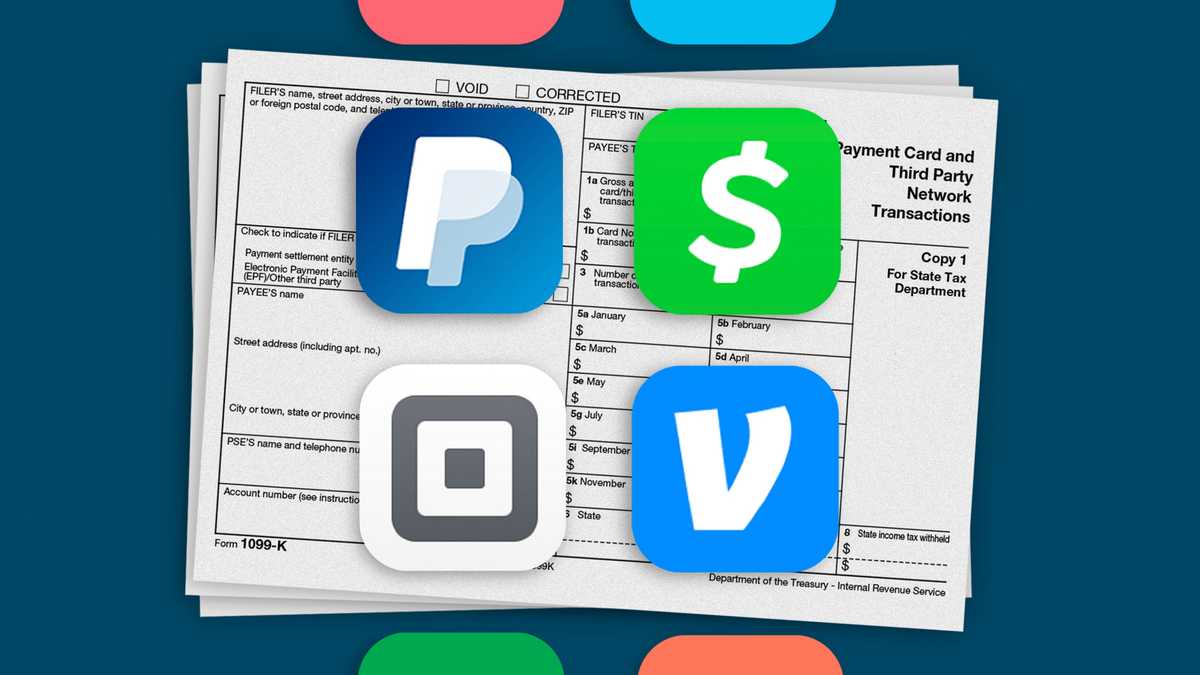Venmo, PayPal and Cash App to report payments of $600 or more to IRS this year: What to know

Millions of small business owners who rely on payment apps like Venmo, PayPal and Cash App could be subject to a new tax law that just took effect in January.
Beginning this year, third-party payment processors will be required to report a user’s business transactions to the IRS if they exceed $600 for the year. The payment apps were previously required to send users Form 1099-K if their gross income exceeded $20,000 or they had 200 separate transactions within a calendar year.
The new rule only applies to payments received for goods and services transactions, meaning that using Venmo or PayPal to send a loved one a gift, pay your roommate rent, or reimburse a friend for dinner will be excluded. Also excluded is anyone who receives money from selling a personal item at a loss; for example, if you purchased a couch for $300 and sold it for $250, the amount is not taxable.
To be clear, business owners are already required to report these incomes to the IRS. The new rule simply means that the IRS will figure out what business owners earned on the cash apps regardless of what that individual actually reports on their 1099-K because it broadens the scope of the threshold. (This rule is separate from another Democratic proposal that would require banks and other financial institutions to disclose accounts with $10,000 of annual deposits or outflows to the IRS).
Form 1099-K is used to report goods and services payments received by a business or individual in the calendar year, but there are certain exclusions from gross income and are therefore not subject to income tax. This includes: Amount from selling personal items at a loss, amounts sent as reimbursement and amounts sent as a gift.
“For the 2022 tax year, you should consider the amounts shown on your Form 1099-K when calculating gross receipts for your income tax return,” PayPal said in a Q&A on its website. “The IRS will be able to cross-reference both our report and yours.”
The cash apps will now be required to send users who meet the newest requirements Form 1099-K for transactions made electronically or by mail. Although the change took effect in the new year, it is not applicable to the 2021 tax season, meaning that small businesses do not need to take it into consideration until the 2022 tax-filing season begins next year.
The apps may request additional information from users in the near future in order to properly report your transactions, and users may be asked to provide their Employer Identification Number (EIN), Individual Tax Identification Number (ITIN) or Social Security Number (SSN) if it’s not already on file.
Source: FoxBusiness
